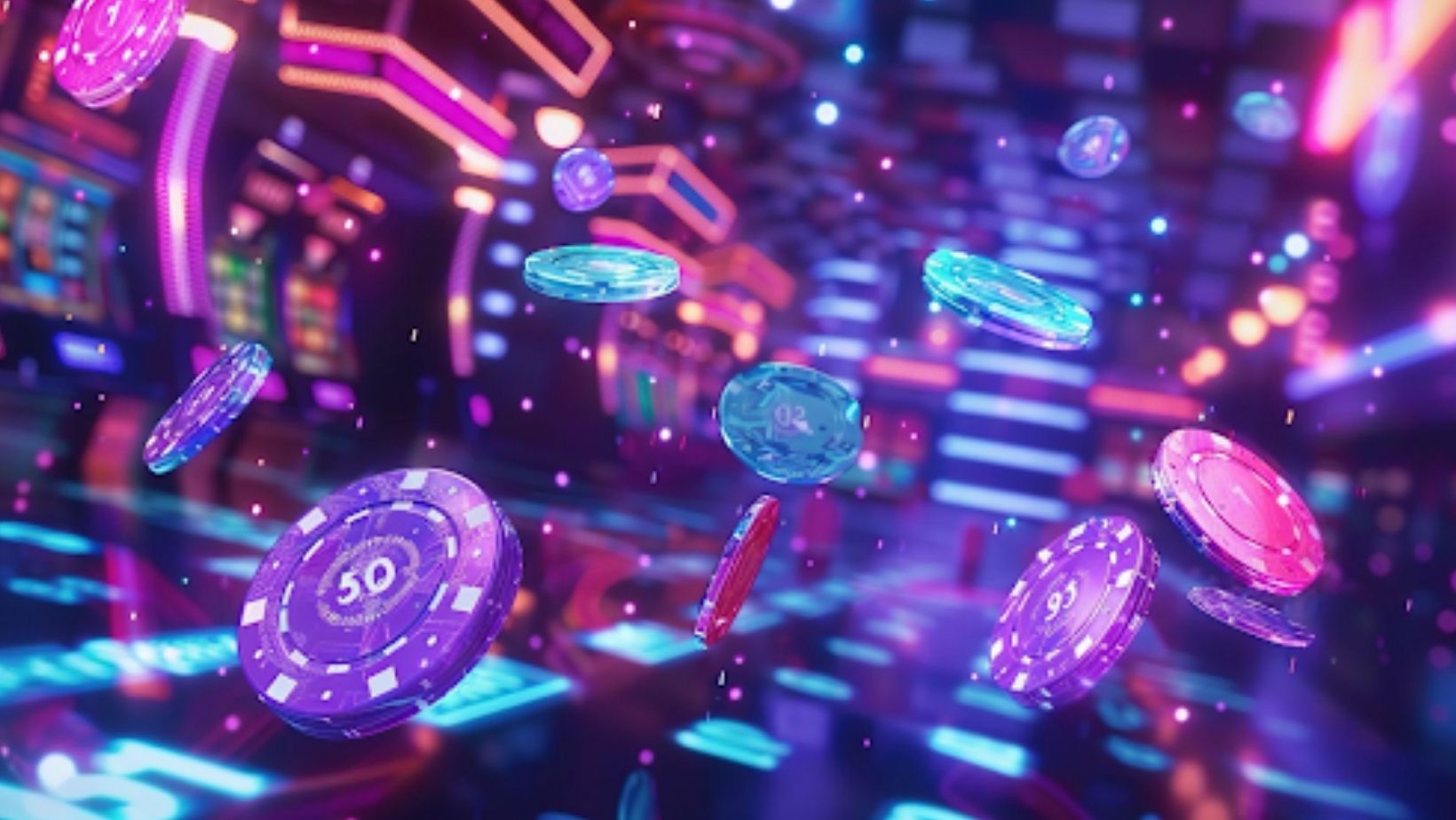Slot machines have always been a staple of the gaming world, but licensing has transformed them into more than just reels and payouts. By incorporating elements of pop culture, from iconic movies and TV shows to beloved music and celebrities, licensing has made slot machines more engaging and appealing to a broader audience. This connection between popular culture and slot games has elevated their entertainment value, creating a unique blend of nostalgia and excitement.
Table of Contents
ToggleWhat is Licensing in Slot Machines?
Licensing in slot machines refers to the process of obtaining legal rights to use intellectual property (IP) from pop culture sources in game design.
Developers collaborate with rights holders, such as movie studios, TV networks, or music labels, to incorporate familiar characters, themes, and imagery into slot games. These partnerships allow slot machines to feature officially licensed content that resonates with fans of the original media.
Why Licensing Matters
Licensing adds authenticity and recognition to slot machines, making them stand out in a competitive market.
Players are more likely to try a game if it features elements they recognize and love. Licensed slots capitalize on existing fan bases, drawing in players who might not typically engage with traditional slot machines.
Pop Culture in Slot Machine Themes
Pop culture has become a dominant influence in slot game design, with licensed themes covering a wide range of interests and genres.
Movie and TV Show Slots
Blockbuster movies and popular TV shows are among the most common themes in licensed slot machines.
Games based on franchises like Jurassic Park, Game of Thrones, or The Wizard of Oz bring beloved stories to life on the reels. These slots feature iconic visuals, soundtracks, and even video clips from the original media, enhancing the immersive experience.
Music-Themed Slots
Musicians and bands have also found their way into slot games, creating a unique experience for music lovers.
Games featuring artists like Elvis Presley, Guns N’ Roses, or Michael Jackson incorporate their hit songs, music videos, and imagery, allowing fans to enjoy their favorite tunes while playing.
Celebrity-Inspired Slots
Celebrity-branded slots leverage the popularity of public figures to attract players.
From athletes to actors, these games feature the likeness and personas of famous individuals, offering a sense of glamour and exclusivity to the gameplay.
How Licensing Enhances the Player Experience
Licensed slot machines go beyond aesthetics, offering gameplay that aligns with the source material and creates a deeper connection for players.
Immersive Gameplay
Licensed slots often incorporate story-driven features that mirror the original media.
For example, a superhero-themed slot might include bonus rounds where players battle villains, while a fantasy-themed game could involve quests or treasure hunts. These elements make the game more engaging and interactive.
Nostalgia Factor
Familiar characters, music, or scenes evoke a sense of nostalgia, drawing players into the game.
Nostalgia not only enhances the emotional connection but also creates a sense of comfort and familiarity, making players more likely to engage with the slot.
Exclusive Features
Many licensed slots offer unique features tied to the original IP, such as special symbols, themed bonus rounds, or exclusive soundtracks.
These features add depth and variety to the gameplay, setting licensed slots apart from traditional ones.
The Challenges of Licensing in Slot Machines
While licensing offers significant benefits, it also comes with challenges that developers and licensors must navigate.
High Costs
Securing licensing rights can be expensive, especially for well-known franchises or celebrities.
Developers must weigh the cost of licensing against the potential revenue from the game, ensuring the investment is worthwhile.
Creative Restrictions
Licensing agreements often come with strict guidelines on how the IP can be used.
These restrictions may limit creative freedom, requiring developers to strike a balance between staying true to the source material and creating innovative gameplay.
The Role of Technology in Licensed Slots
Advancements in technology have made licensed slot games more immersive and visually appealing, enhancing their connection to the source material.
High-Definition Graphics
Modern graphics technology allows developers to recreate characters, settings, and scenes from pop culture with stunning detail.

This visual fidelity ensures that players feel like they are part of the original media, enhancing their overall experience.
Sound Design
Licensed slots incorporate official soundtracks, voiceovers, and sound effects to create an authentic atmosphere.
High-quality audio adds another layer of immersion, making the gameplay more engaging and enjoyable.
Future Trends in Licensing for Slot Machines
The future of licensed slots promises even more innovation as developers explore new ways to integrate pop culture into gaming.
Expanding Franchises
As new movies, TV shows, and music artists gain popularity, developers will continue to introduce fresh licensed themes.
Emerging franchises and trends in pop culture offer endless opportunities for creating exciting new slot games that appeal to modern audiences.
Interactive Experiences
Interactive technologies like augmented reality (AR) and virtual reality (VR) could take licensed slots to the next level.
Imagine stepping into a virtual casino where you interact with characters from your favorite movie or explore immersive worlds inspired by iconic franchises.
Conclusion
Licensing has reshaped the world of slot machines, bringing pop culture to the forefront of gaming. By combining familiar themes with innovative gameplay, licensed slots offer players a unique and engaging experience. As technology evolves and new cultural phenomena emerge, the role of licensing in slot game design will only continue to grow, ensuring that slots remain a beloved form of entertainment for years to come.






